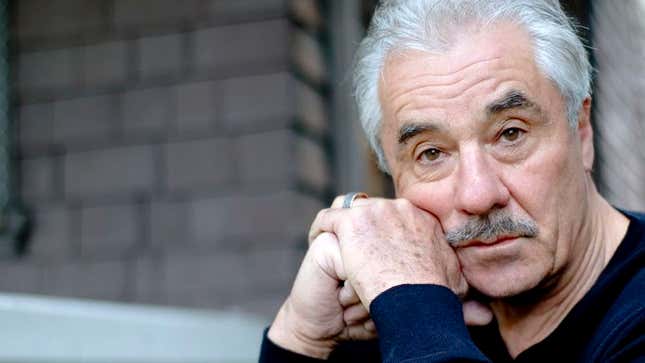
MOSCOW—Saying he was pleased to be living in a hopeful, post-communist age, Russian man Alexei Suslov, 62, recalled today a harsher, more oppressive period in his country’s history when Russian citizens were unable to protest their government for fear of getting arrested by authorities.
Suslov went into great depth about how, prior to becoming a democratic state, Russia was essentially ruled by harsh dictators and run by an abusive government that restricted the rights of its citizens and wouldn’t let them express their own thoughts and beliefs.
Thankfully, he said, that’s all changed.
“It was a very different time back then,” said Suslov, painting an image of an oppressive totalitarian regime where millions of citizens were victims of political oppression and faced severe consequences for assembling and speaking out against restrictive policies. “People used to live in fear of those in charge of their own country. Can you imagine? You wouldn’t be able to criticize any law without worrying for your own life.”
“In fact, if anyone said anything about any policy—even ones that affected them personally—they could be beaten by police forces and maybe even sent to prison,” Suslov continued. “The idea of living in such a place now, with such backward laws and such clear offenses to basic human rights, seems crazy to me. Especially after all we went through.”
Suslov, who said the past is past and that he’s happy Russia is now an enlightened member of the world community, told reporters there was a time when legislation was vaguely written solely so authorities could find loopholes in the language, thus allowing them to legally disenfranchise minority groups.
Suslov noted that prior to Russia becoming a nation that respects the beliefs of others and welcomes healthy debate when it comes to governance, it wasn’t unusual to see officers in the Soviet police physically assault people for peacefully protesting any facet of these laws.
“Our government enforced policies that were intended to harm and intimidate people,” said Suslov, adding that the Russia of 1963 was much different than the Russia of 2013. “And these people weren’t lawbreakers. They were just people living their lives, people wanting basic freedoms. The government just didn’t like that they acted differently or thought differently.”
“It sounds arbitrarily cruel, abusive, and downright tyrannical, and it was,” Suslov added. “As someone who lived through it, I’m just glad Russians born after the fall of the Soviet Union will only have to read about this blatant disregard for human dignity in their history books.”
Suslov went on to tell reporters that he wakes up each and every morning happy that he can live his life how he wants without ever having to worry about being persecuted.
“My children and grandchildren can spend the rest of their lives living in a much different Russia than I grew up in,” Suslov said. “I mean, just 25 years ago we were under Communist rule, and now we have a parliament, a free press to keep everyone honest, and a president we’ve fairly elected three times.”
Added Suslov: “Honestly, it’s just a relief to know that things can eventually change for the better.”